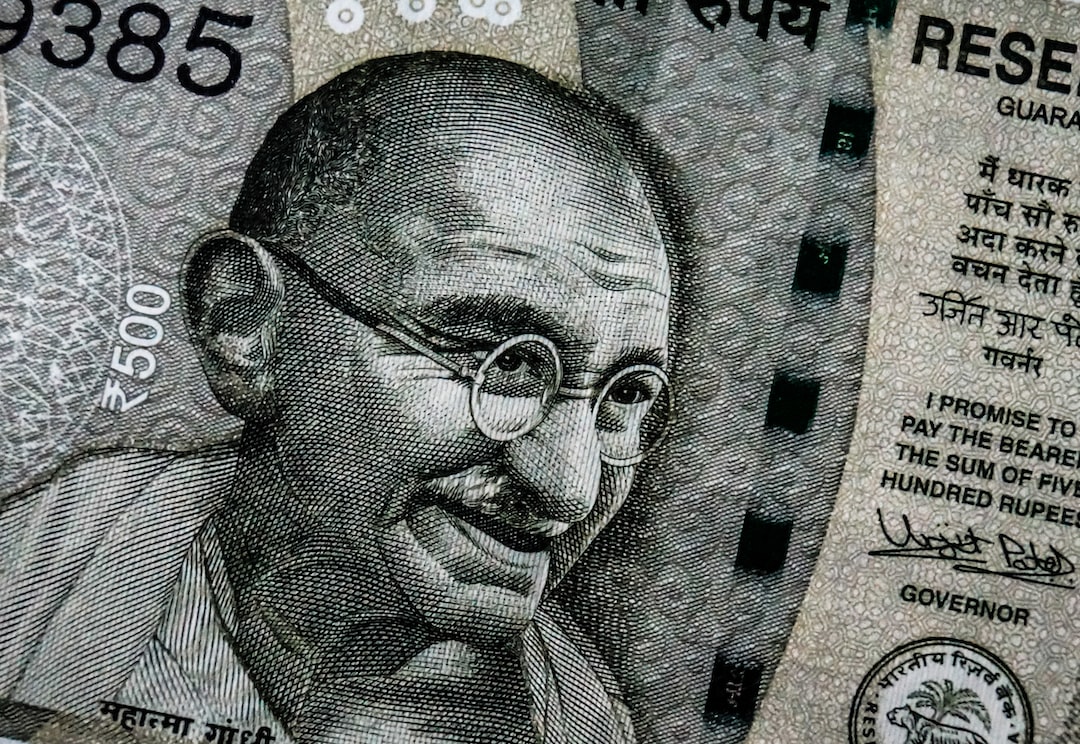Forex trading is the buying and selling of currencies from different countries. The exchange rate between two currencies is the price at which one currency can be exchanged for another. Forex traders make profits by buying and selling currencies at different exchange rates. One of the terms that forex traders must understand is “spread.”
What is a spread in forex trading?
In forex trading, a spread is the difference between the buy price and the sell price of a currency pair. The buy price is the price at which a trader can buy a currency pair, and the sell price is the price at which a trader can sell a currency pair. The spread is the cost that a trader must pay to execute a trade.
For example, let’s say the buy price of EUR/USD is 1.20, and the sell price is 1.19. The spread, in this case, is 0.01 or 1 pip. The pip is the smallest unit of measurement in forex trading, and it represents the fourth decimal point in most currency pairs. The spread can be fixed or variable, depending on the broker and the market conditions.
Why is the spread important in forex trading?
The spread is an essential aspect of forex trading because it affects the profitability of a trade. When a trader opens a position, they must pay the spread as a commission to the broker. The spread is the cost of doing business in the forex market, and it reduces the profit potential of a trade.
For example, if a trader buys a currency pair at 1.20 and sells it at 1.21, they will make a profit of 1 pip. However, if the spread is 2 pips, they will need to sell the currency pair at 1.22 to break even. Therefore, a wider spread makes it more challenging for traders to make a profit, especially when trading smaller time frames or scalping.
The spread also affects the entry and exit points of a trade. When a trader enters a position, they must buy at the ask price, which is higher than the bid price. When they exit the position, they must sell at the bid price, which is lower than the ask price. Therefore, the spread influences the profitability of a trade and the timing of the entry and exit points.
How do brokers determine the spread?
Brokers determine the spread based on different factors, such as market volatility, liquidity, and competition. Market volatility refers to the degree of price fluctuation in the forex market. When the market is volatile, the spread tends to widen to reflect the increased risk and uncertainty.
Liquidity refers to the availability of buyers and sellers in the forex market. When the market is liquid, the spread tends to be tighter because there are more participants willing to buy and sell at similar prices. Conversely, when the market is illiquid, the spread tends to widen because there are fewer participants and higher risks of slippage.
Competition refers to the number of brokers offering forex trading services. When there is high competition, the brokers may offer tighter spreads to attract more clients. Conversely, when there is low competition, the brokers may widen the spreads to increase their profits.
Conclusion
In summary, a spread is the difference between the buy price and the sell price of a currency pair. The spread is an essential aspect of forex trading because it affects the profitability of a trade and the timing of the entry and exit points. Brokers determine the spread based on different factors such as market volatility, liquidity, and competition. As a forex trader, it is crucial to understand the spread and how it impacts your trading performance.






